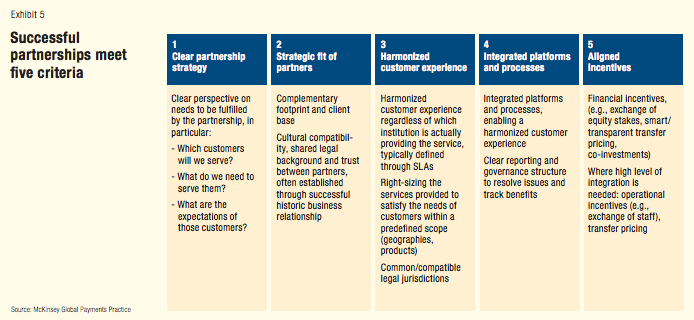BaFin nimmt Interessenbekundungen entgegen
Durch das Gesetz zur Umsetzung der Änderungsrichtlinie zur vierten EU-Geldwäscherichtlinie wird das Kryptoverwahrgeschäft als neue Finanzdienstleistung in das KWG aufgenommen. Das vom Gesetzgeber bereits beschlossene Gesetz tritt am 01.01.2020 in Kraft. Unternehmen, die dieses Geschäft dann erbringen wollen, benötigen eine Erlaubnis der BaFin. Die BaFin bittet interessierte Unternehmen bereits jetzt um eine formlose und unverbindliche Interessenbekundung.
Anträge für die Erlaubnis zur Erbringung des Kryptoverwahrgeschäftes kann die BaFin erst entgegennehmen, wenn das Gesetz in Kraft ist. Gleichwohl bittet die BaFin bereits jetzt um Interessenbekundungen von Unternehmen, die bereits das Kryptoverwahrgeschäft erbringen oder die Erbringung beabsichtigen.
Diese Interessenbekundungen sollten neben dem Namen des Unternehmens und der Ansprechpartner auch ein kurze Beschreibung des Geschäftsmodells von maximal einer Seite enthalten. Weitere Informationen sind vorläufig nicht einzureichen.
Die Interessenbekundungen sind vorzugsweise per E-Mail oder postalisch an folgende Adresse zu senden:
Bitte beachten Sie die Hinweise zur gesicherten Kommunikation per E-Mail mit der BaFin.
Die BaFin möchte mit diesem Verfahren einen reibungslosen Übergang auf die neue Rechtslage ermöglichen und frühzeitig einen Überblick über den Markt erhalten. Die Unternehmen werden auf ihre Interessenbekundung keine unmittelbare Eingangsbestätigung oder Einschätzung zu den eingereichten Angaben erhalten.
Es ist beabsichtigt den Unternehmen, die ihr Interesse bekundet haben, nähere Informationen und Hinweise mitzugeben, sobald die BaFin ihre Verwaltungspraxis zu der Zulassung und der laufenden Aufsicht für die neue Finanzdienstleistung konkretisiert hat. Grundsätzlich richtet sich das Erlaubnisverfahren für das Kryptoverwahrgeschäft nach § 32 Abs. 1 KWG, weshalb das bereits bestehendeMerkblatt der Deutschen Bundesbank über die Erteilung einer Erlaubnis zum Erbringen von Finanzdienstleistungen vom 06.07.2018 berücksichtigt werden kann. Die Unternehmen sind daher eingeladen ihre Interessenbekundung mit aus ihrer Sicht noch offenen Grundsatzfragen zu verbinden. Die Interessenbekundung ist formlos und unverbindlich. Sie ist zudem freiwillig und hat keine Auswirkungen auf ein zukünftiges Erlaubnisverfahren.
Die Interessenbekundung ersetzt nicht die förmliche Anzeige nach § 64y KWG n.F. Das Gesetz sieht in § 64y KWG n.F. verschiedene Übergangsbestimmungen für bereits tätige Unternehmen vor. Für ein Unternehmen, das auf Grund des neuen Erlaubnistatbestands Kryptoverwahrgeschäft ab dem 01.01.2020 zum Finanzdienstleistungsinstitut wird, gilt die Erlaubnis für den Betrieb dieses Geschäfts als zu diesem Zeitpunkt vorläufig erteilt, wenn es bis zum 30. November 2020 einen vollständigen Erlaubnisantrag stellt und wenn es die Absicht, einen Erlaubnisantrag zu stellen, bis zum 31. März 2020 der Bundesanstalt schriftlich anzeigt. Die gesetzliche Vorgabe in § 64y KWG n.F. setzt nach ihrem Wortlaut eine schriftliche Absichtsanzeige voraus.
Hier ein etwas ausführlicher Artikel zu diesem Thema: New law makes Germany “crypto heaven”


